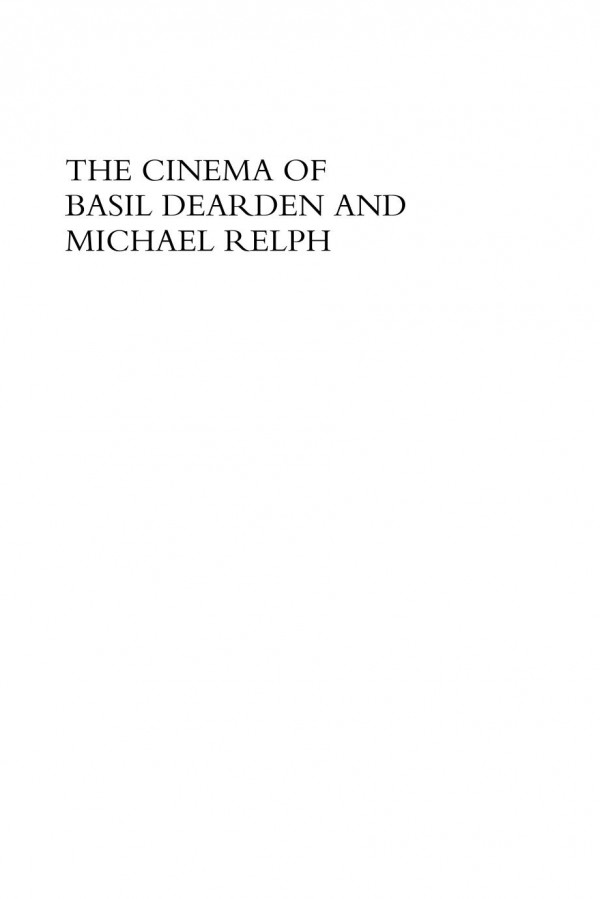

Most ebook files are in PDF format, so you can easily read them using various software such as Foxit Reader or directly on the Google Chrome browser.
Some ebook files are released by publishers in other formats such as .awz, .mobi, .epub, .fb2, etc. You may need to install specific software to read these formats on mobile/PC, such as Calibre.
Please read the tutorial at this link: https://ebookbell.com/faq
We offer FREE conversion to the popular formats you request; however, this may take some time. Therefore, right after payment, please email us, and we will try to provide the service as quickly as possible.
For some exceptional file formats or broken links (if any), please refrain from opening any disputes. Instead, email us first, and we will try to assist within a maximum of 6 hours.
EbookBell Team

0.0
0 reviewsGBS_insertPreviewButtonPopup('ISBN:9780748632893);
This book offers the first full systematic assessment and evaluation of the cinema of this important filmmaking partnership. Dearden and Relph came together at the famous Ealing Studios in the wartime period and became the most prolific production team at the studio, contributing such popular and critically acclaimed films as The Captive Heart (1946), The Blue Lamp (1950) and Pool of London (1951). Later in the 1950s, Dearden and Relph branched out into independent production and became particularly associated with a cycle of controversial social problem films that included Sapphire (1959) and Victim (1961).This new study takes an extensive view of the cinema of Basil Dearden and Michael Relph. It considers in detail their contribution to the celebrated achievements of wartime cinema at Ealing, brings a new focus to their post-war films that addressed masculine adjustment in a period of rapid change, takes a fresh look at the prominent group of social problem films within their work, and offers an original study of their later period of filmmaking for the international market in the 1960s. Attention is also given to the significant place of comedy in their cinema and Michael Relph's considerable achievements as an art director. The book will be of interest to all students of film history and a general readership that takes a keen interest in British cinema.